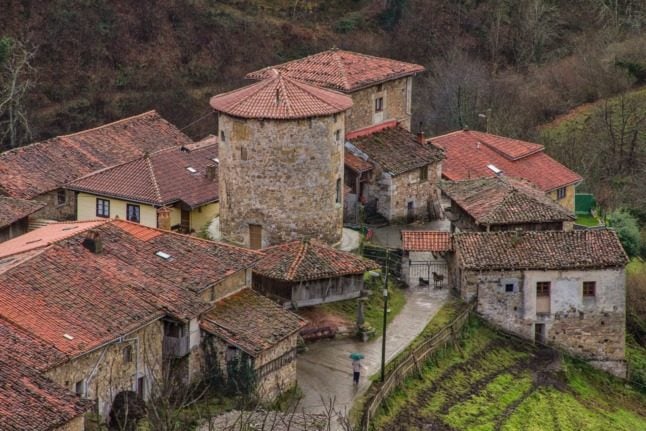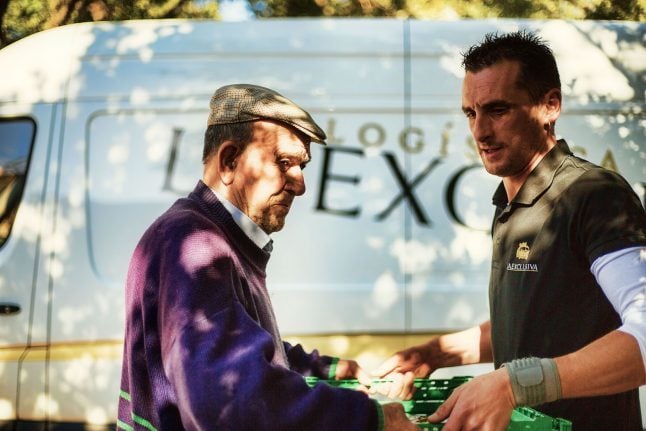The group UFC-Que Choisir, which has waged a five-year legal battle against Google for “abusive” practices in its service conditions, also won 30,000 euros ($34,000) in damages, according to a copy of the ruling obtained by AFP.
The ruling by the Paris district level court can be appealed.
Google said the ruling concerned its Google+ social media service, which is being shut down in April, and that it is striving to improve the clarity and simplicity of its user terms.
It said it would take its time to examine the decision and evaluate its options.
UFC-Que Choisir said the judges ordered Google to rework its terms and conditions to obtain clear consent from users on how it collects and shares their personal information. This includes the constant monitoring of users' location.
The ruling also told Google it could not imply that users had to accept the conditions to use its services and systematically decline all responsibility in case of malfunctions.
The ruling follows one in a similar case brought by UFC-Que Choisir against Twitter. A case against Facebook is still underway.




 Please whitelist us to continue reading.
Please whitelist us to continue reading.
Member comments